
Browse all content tagged with this keyword.
Showing 24 results
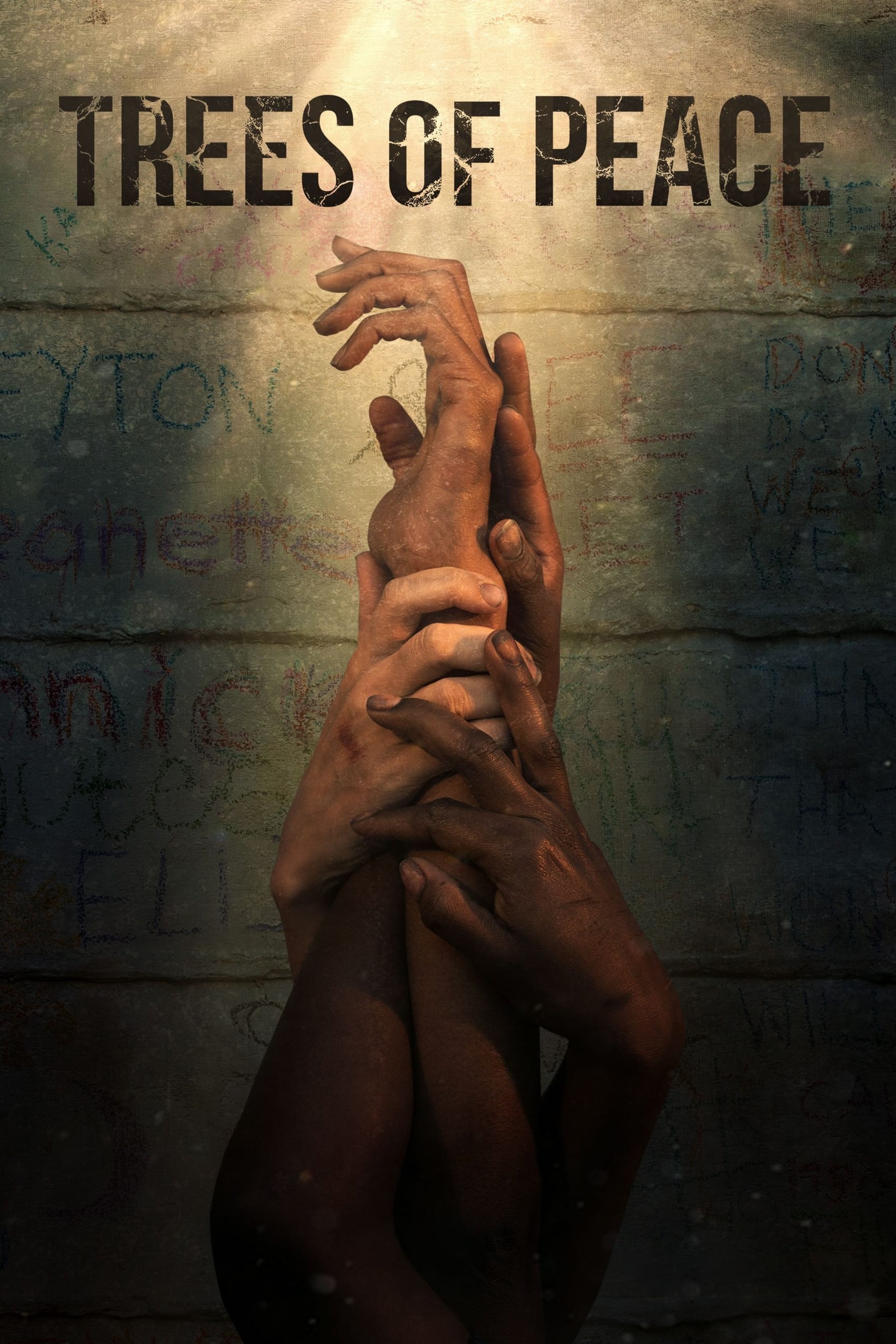
Four women from different backgrounds forge an unbreakable sisterhood while...
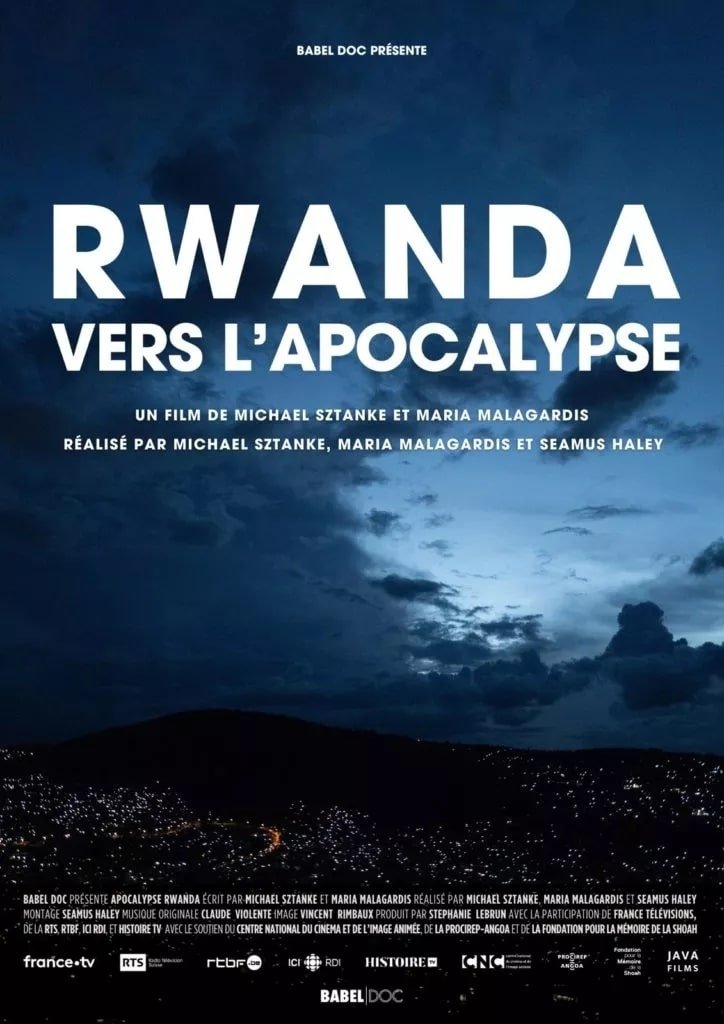
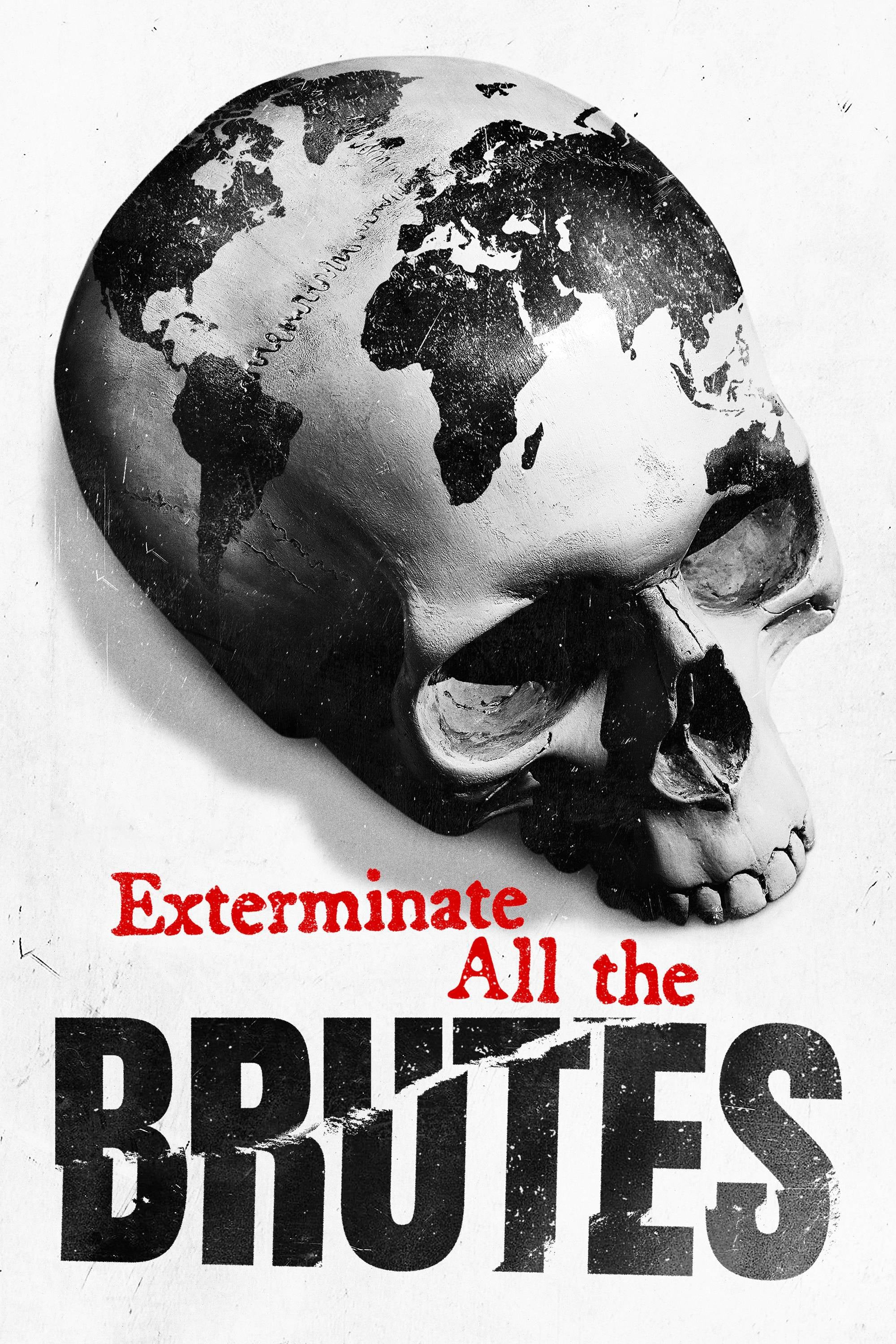
Hybrid docuseries offering an expansive exploration of the exploitative and...
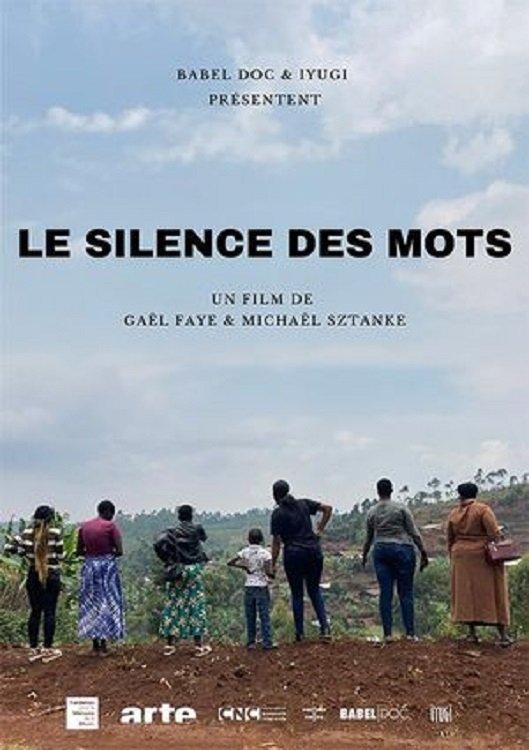
Their words had never been heard before. Co-directed by French-Rwandan...
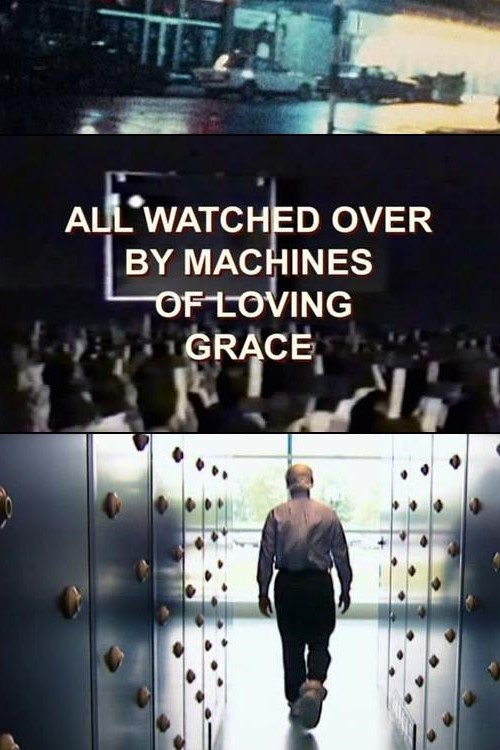
We have been colonised by the machines we have built....
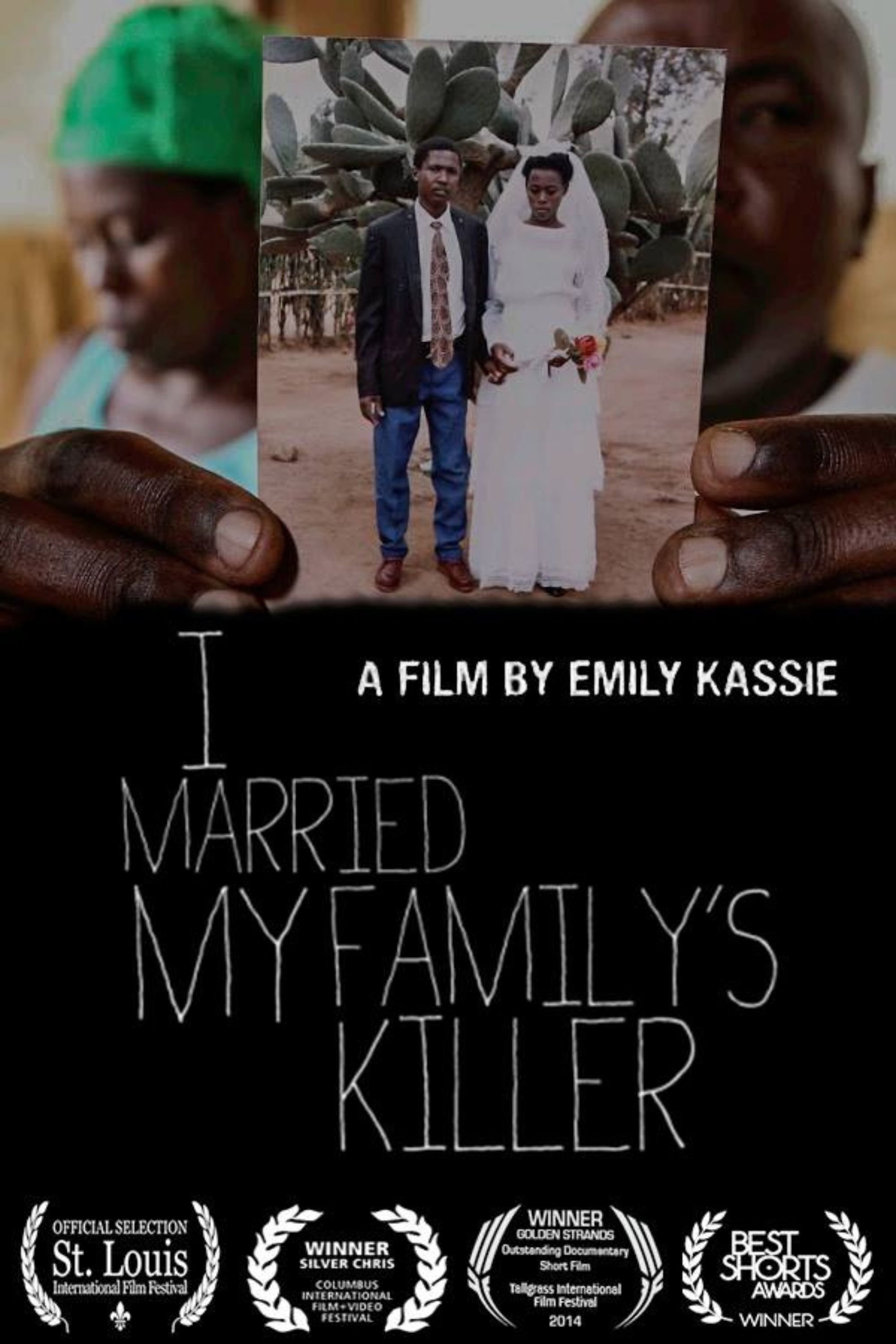
Childhood sweethearts Beatrice and Purudenci plan to wed until Beatrice...

In 1993, Canadian Lieutenant General Roméo Dallaire was sent by...
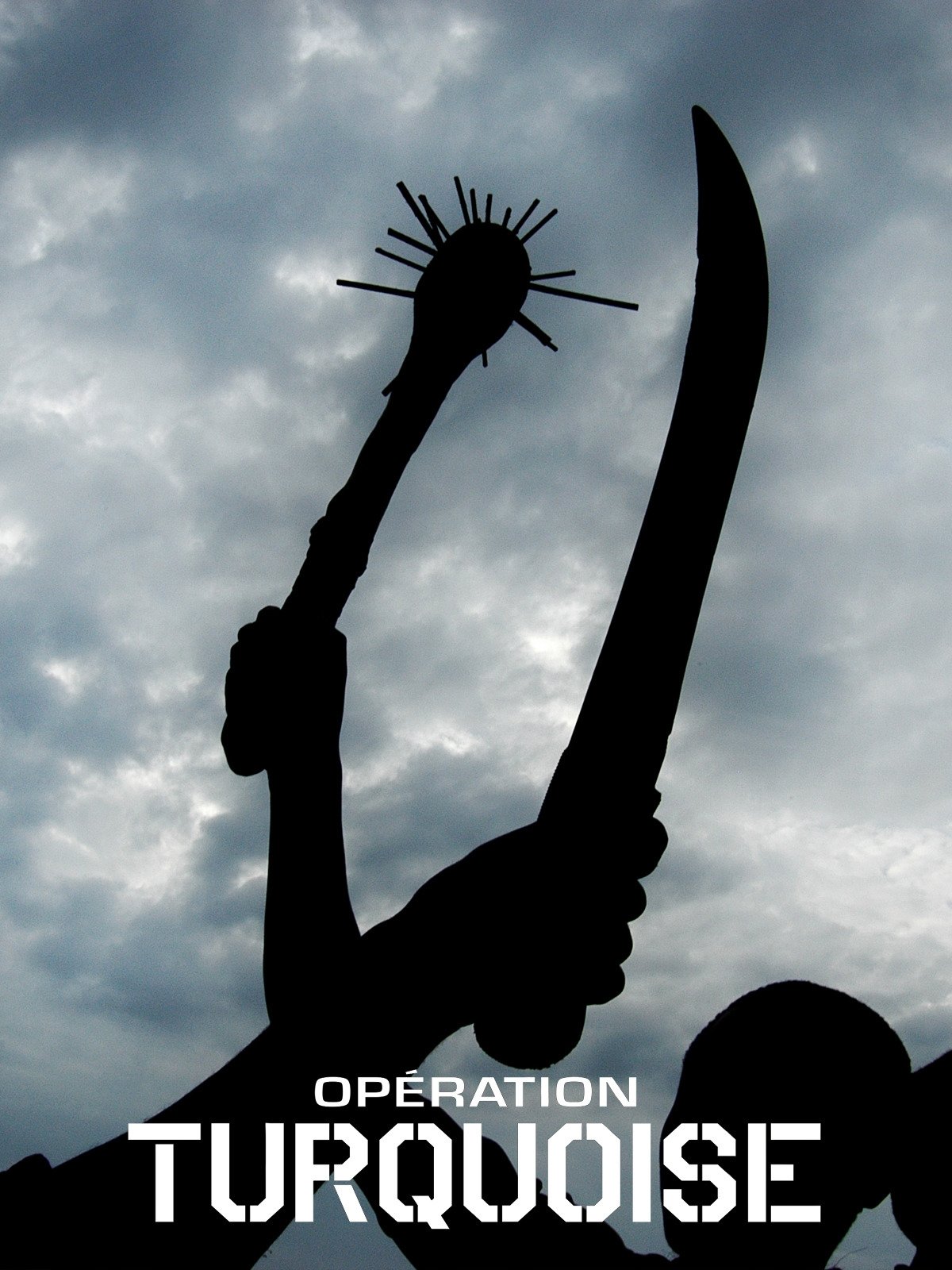
In this moving documentary, Oscar-nominated filmmakers Peter LeDonne and Steve...